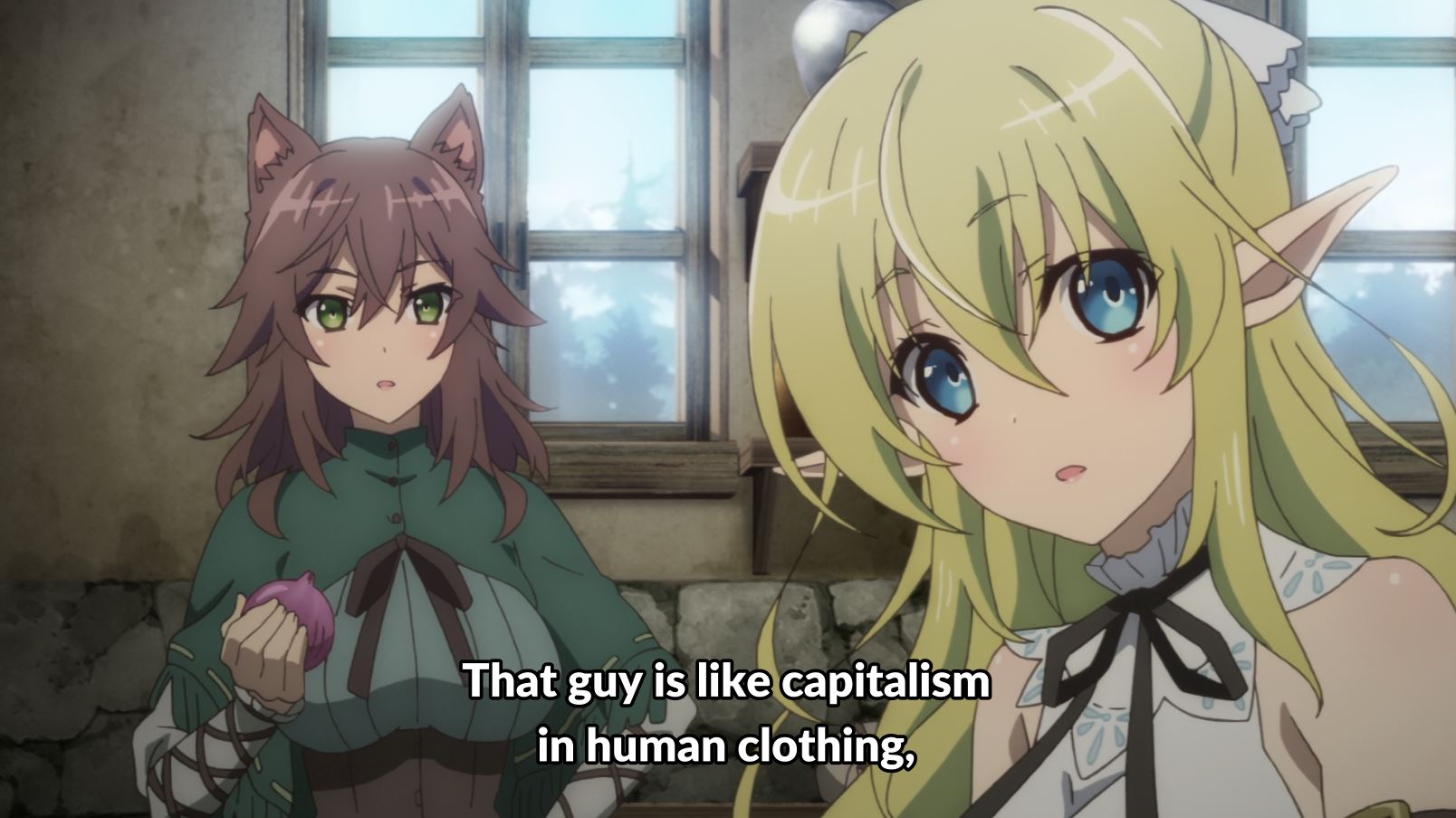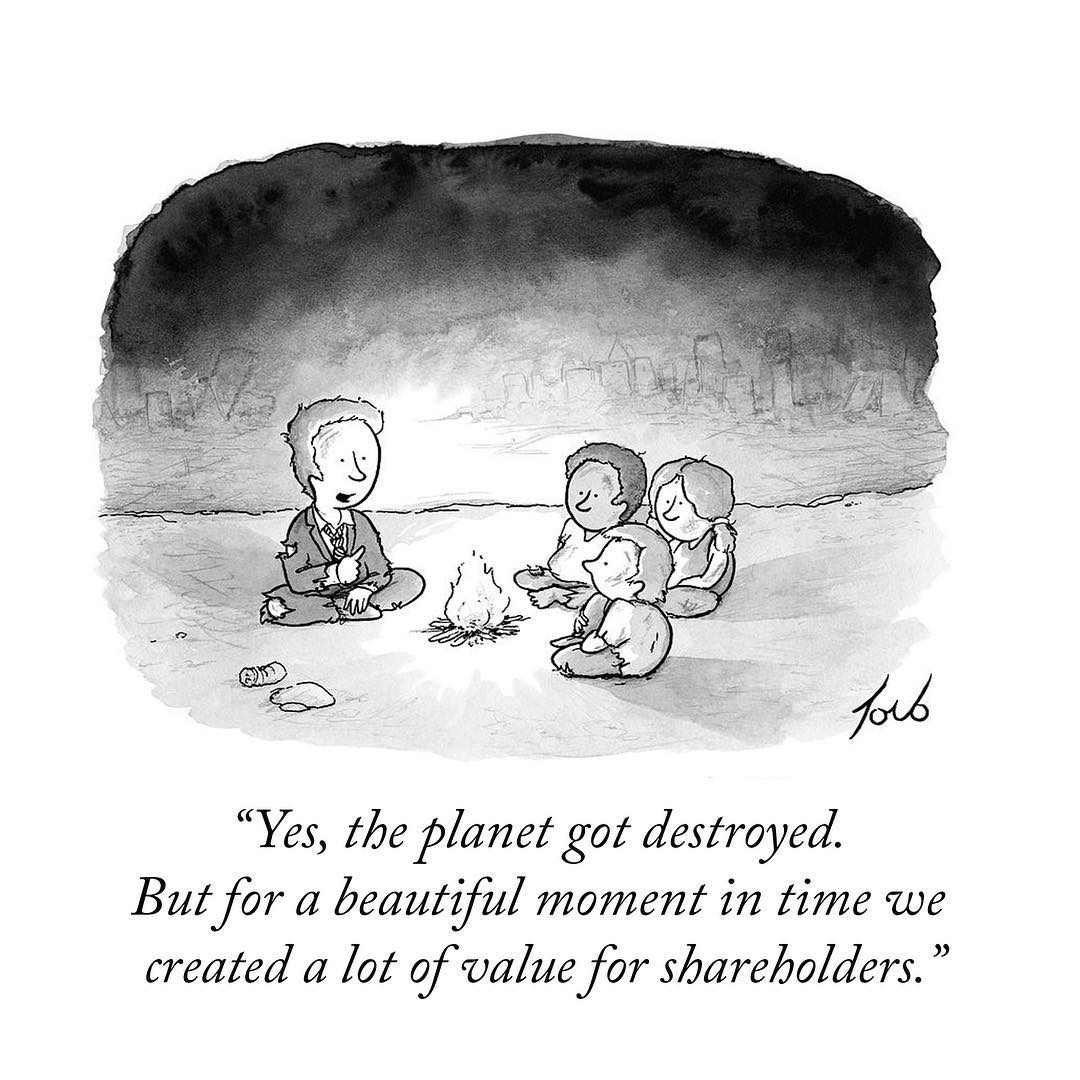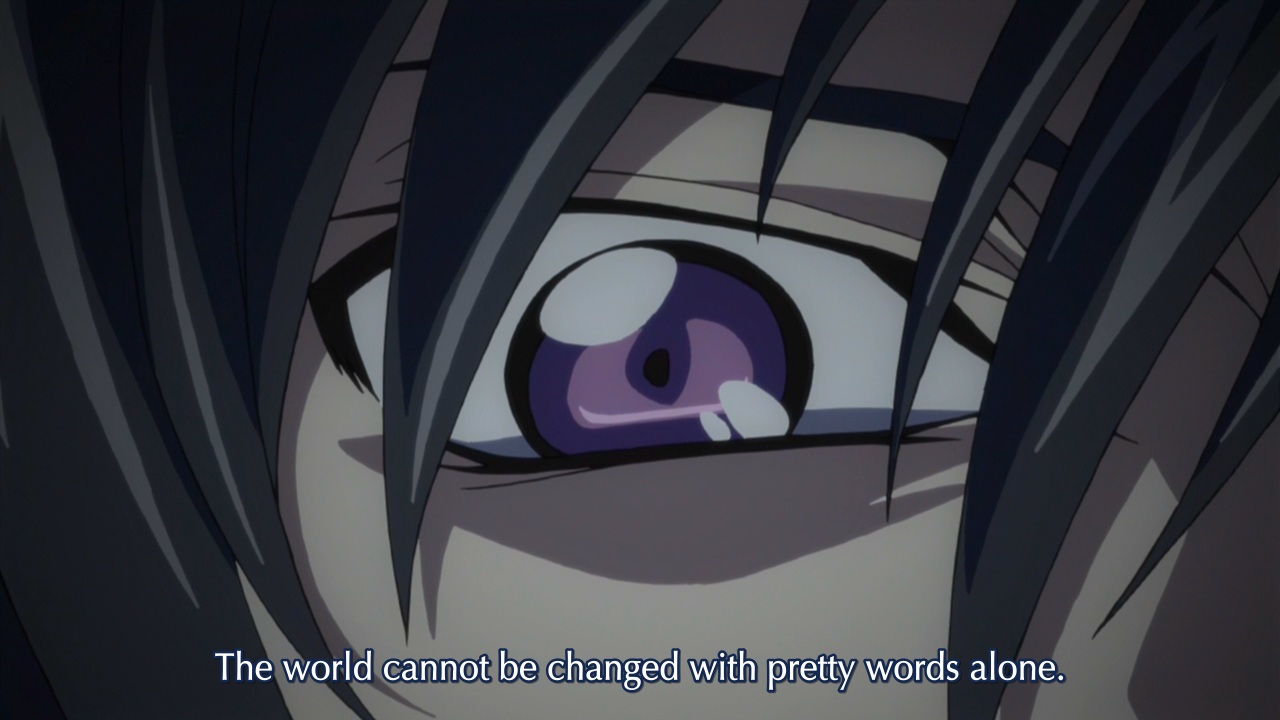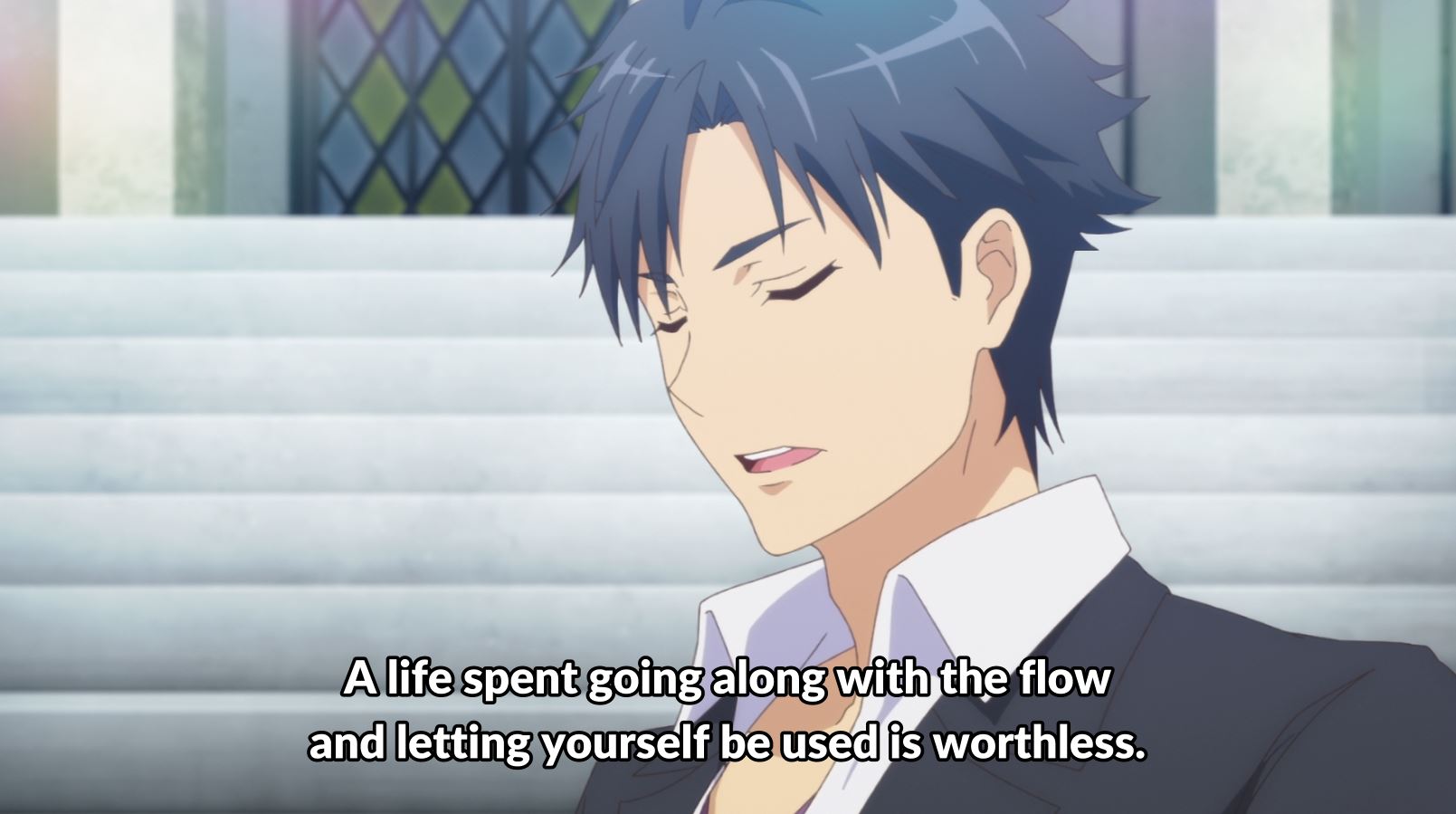‘The Capitalists will sell us the rope with which we will hang them.’ This statement was widely attributed to either Karl Marx, Joseph Stalin or Vladimir Lenin. But regardless of who came up with this, it is a common perception of the capitalist in communist societies. And often times, the capitalists proved this statement to be true. From global warming to the nuclear wastewater of Japan now, capitalists will stop at nothing to get more money.
Japan dumped its nuclear wastewater into the Pacific Ocean on 24 August 2023, prompting an outcry from countries all over the world but gained support from the US. Essentially, the nuclear wastewater will be dumped into the ocean over the next 30 years, slowly but sure contaminating the ocean which belongs to all mankind. The International Atomic Energy Agency (IAEA) has also agreed to allow Japan to dump this wastewater into the sea, potentially harming all of us and more. Let us take a very quick look at some facts.
The 2 main radioactive elements among 62 others in the nuclear wastewater which are of concern are tritium and carbon-14, which is a radioactive isotope (variation) of hydrogen and carbon respectively. While scientists have argued that both occur naturally in the water that we drink and in the air that we breathe, many has conveniently omitted out the fact that the difference between medicine and poison lies in the dosage. There are many articles floating around on this aspect, so I will not say too much. Rather, today I will talk about the political and economical considerations and consequences of such an action.
Control Over Freshwater
As long as we are living, we will need freshwater. This is an extremely inelastic demand. However, freshwater occurs naturally in many countries despite its low percentages compared to seawater. Throughout history, mankind has also built settlements where they could have access to freshwater. Only when this happens, can the area be populated and work towards prosperity. However, the distribution of freshwater is not equal in all countries. In order of abundance, the top 5 countries with freshwater are Brazil (15.3%), Russia (8%), US (5.5%), Canada (5.2%) and China (5%). Together, they control 39% of the freshwater supply.
If we look at the geopolitical situation now, we have US and Canada being best friends forever. Brazil is the unwilling party in US’ backyard where the US has much influence which Brazil is trying to break free from. On the other side we have Russia and China being another set of BFFs but also very near Japan, and their freshwater supply will be contaminated first due to the water cycle.
When that happens, freshwater of the enemy and nearby countries will be hit first. At this time, those who have control over and able to supply excess freshwater to countries who are in need will be firstly hailed as a hero, secondly gain control over them and thirdly earn a lot of money in the process. Mineral water is a ridiculous idea but people still buy it because it is convenient at times. But what will happen to the day when all we can drink are bottled mineral or distilled water at $5 or $10 per bottle?
By contaminating a critical resource and then selling it, the US will have a lot to gain. Then come the next question: Is it not a matter of time before the US gets affected as well? Yes, but the capitalists are willing to sell a rope which will hang their descendants.

Food Supply
There are a few countries which are a nett exporter of food. When the water cycle gets contaminated, it not only affects marine biodiversity, but also affects the very food we grow and eat out of the ground. Like water, food is a critical resource and it is on the level of national security for many countries. And you may have guessed it, but once again the US is the world’s top food exporter.
Drug Sales
The world’s biggest drug companies come from the US. 4 of the top 5 are US companies while the 5th is from Switzerland. When radioactive water gets into our bodies, naturally we will fall sick. We will not become X-Men but will get cancer. To continue surviving pathetically, we will need cancer drugs. But of course, 10 years later nobody will have any direct evidence linking cancer to today’s radioactive wastewater, but will blame it on genetics, on our lifestyle, on our diet etc.
It does not matter how many people die in the process, as long as people live long enough to work, they can die off as soon as they retire but after spending all their money buying the drugs they need.

Japan’s Intention
One theory which surfaced online was that Japan and the US has an advanced water purification system, which could purify contaminated drinking water. With that, the whole world will need to buy from them in order to continue living. Personally, I find that theory unsubstantiated. There has been no evidence of that so far.
However it may be more logical to think that Japan wants to drag the whole world down with it. Definitely, being the dog of the US, Japan is most likely to act based on the interests of the US, with much untold benefits of course. So when there is someone giving you benefits to take the easy way out and bring the whole world down with you, maybe that is enough reason. Of course, China is not sitting idly by but have already started banning all of Japan’s sea products, which stunned the Japanese government as they thought the Chinese government would only ban the critical few prefectures of Japan instead of a blanket ban.
Destroying Each Other’s Population
As mentioned in the previous article, the US wants to pay back to China for what the Chinese had done to them with regards to fentanyl. China is destroying the youth of the US, and the US wants to pay back in kind. A sick and wasted population is very damaging for any country. I have explained this earlier so I will not repeat much here.
Learning From Political Decisions
High level political decisions are often made with multiple objectives in mind and not just for one or two simple reasons as reported by the news. One general guideline which can not only apply to politics, but also our daily lives, is to look at who benefits the most when a seemingly ridiculous decision is made. The one who benefits the most will most likely be the one pushing the decision, whether openly or behind the scenes.
Similarly, looking at China’s total seafood ban on Japan, we can also apply that to our lives. When negotiating a deal, you either give the other party what he wants or take away something that will make him painful. One does not win a deal at the table with fanciful PowerPoint presentations or fruitful discussions, much less understanding each other or for the sake of the world. If that is so, Iraq and Libya would not be invaded, Russia would not be in a war with Ukraine right now. Whenever we sit in the meeting room fighting for our rights, we always need to remember this and apply accordingly. For example, if my proposal is not approved, it will have certain consequences which will hurt the rest (especially the boss). I have seen it happened once, where the boss gave in to a subordinate after his proposal got rejected multiple times and he finally threw this out: I have already proposed this contingency plan. If this is rejected and the worst happens, it will be on you, not me.

What We Can Do
Honestly, as commoners, there is really nothing much we can do regarding Japan’s discharge of nuclear wastewater. Whether we believe in Japan or not, the dumping of the wastewater indeed has its impact. If you are dependent on the bounties of the sea for a living, it may be time to seriously consider whether to move out of this line or not. It is true that while there is panic right now, it is also true that after a period of time, people will be numbed about this, as eating seafood now will not produce an immediate effect but only after 10, 20 or 30 years. Whether to hold it out until the fear subsides and people accept it, or to quickly cut some losses and go, is a decision you have to make yourself. Some may say talk is easy, but life is never easy. I have been forced to change track too after I have settled in comfortably in my ‘ideal’ situation.
For the rest of us, maybe it is extreme to ask ourselves never to touch seafood or Japanese seafood again. For now, seafood from other places are still safe to eat for a very short while as the contamination will still take time to spread throughout the world. However, with regards to seafood around Japan and South Korea, it may be wise to hold out and observe the situation for a few more months and see what other countries will do. Afterall, this affects the entire human race and there are certainly organisations and people with power moving around to get things done.
In the end, to believe that the danger is real, or to believe that it is blown out of proportion due to politics, is a decision you have to make yourself. After deciding on what to believe, then you will be able to make a more rational decision in areas where applicable. But do your own research and be objective, rather than following what others tell you to.

Showing 1 - 3 out of 3
Page 1 out of 1
| - | Shop Products | Price | |
|---|---|---|---|
|
|
$99,999.00
|
||
|
|
$1.00
|
||
|
|
Price range: $69.00 through $99.00
|


